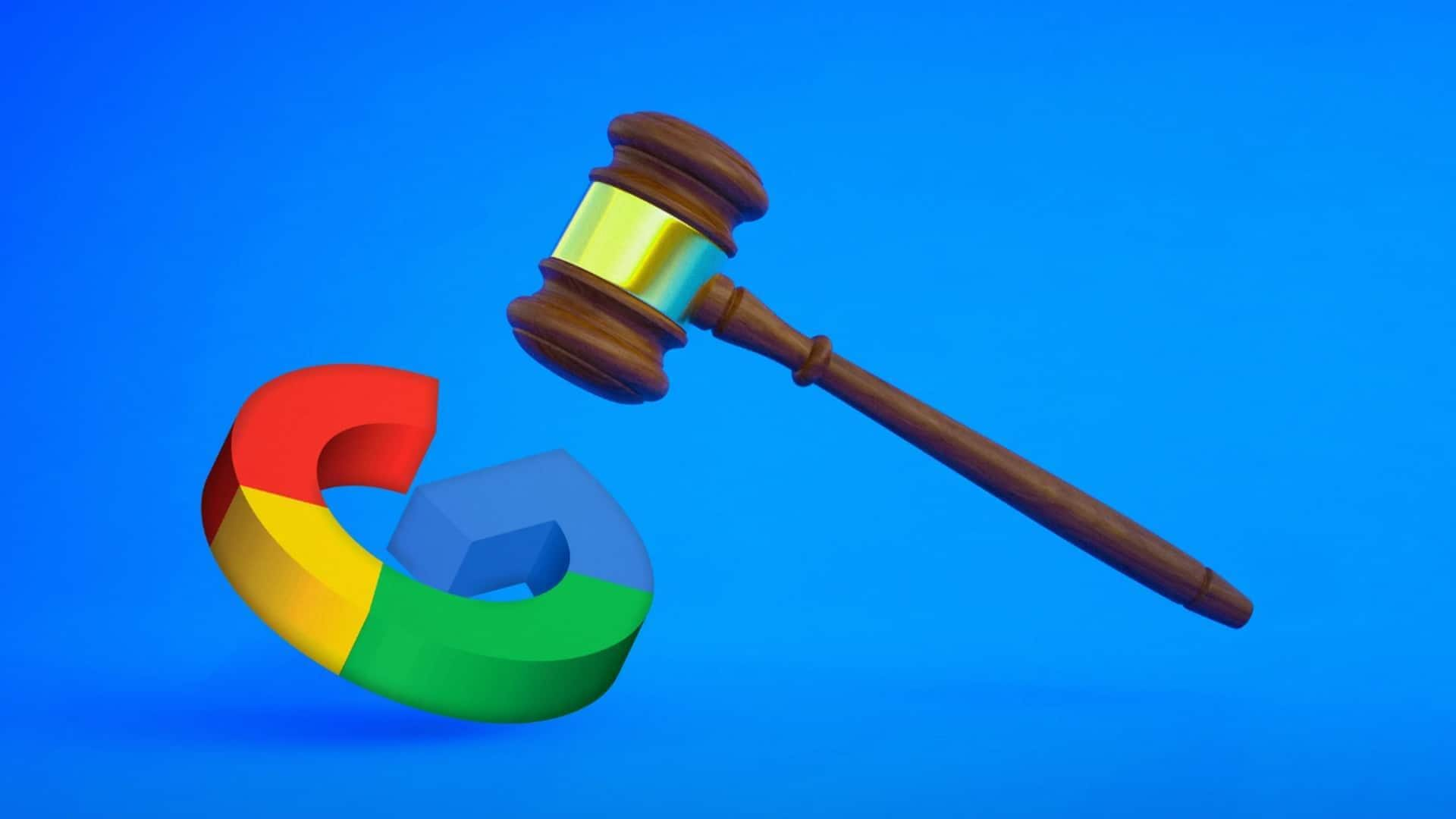
Google resists DOJ's call to sell Chrome, offers alternative solutions
What's the story
In a bid to avoid the forced sale of its Chrome browser, Google has offered a one-of-a-kind solution to the US Department of Justice's (DOJ) antitrust concerns. The proposal from the tech giant revolves around changing its payment agreements with companies like Apple and Mozilla, which prioritize Google's services. It also plans to change licensing deals with Android phone makers and contracts with wireless carriers.
Plan details
Proposal targets search distribution contracts
Google's regulatory VP, Lee-Anne Mulholland, clarified on the company blog that their proposal is specifically aimed at search distribution contracts. For three years, Google plans to prevent deals linking licenses for Chrome, Search, and Google Play with the placement/preinstallation of its other apps such as Google Assistant.
Payment strategy
It allows for default search placement payments
Google's proposal would still allow the company to pay for default search placement in browsers. However, it adds flexibility by allowing multiple deals across different platforms or browsing modes. The tech giant also proposes a requirement to review these deals at least annually, ensuring a regular reassessment of its agreements with other companies.
Appeal plan
Company's plans to appeal against monopoly ruling
Despite its proposal, Google still plans to appeal Judge Amit Mehta's ruling that deemed the company a monopolist. The tech giant has announced plans to file a revised proposal on March 7, ahead of a two-week trial over the matter in April. The move shows Google's willingness to address antitrust concerns while also defending its business practices in the court.